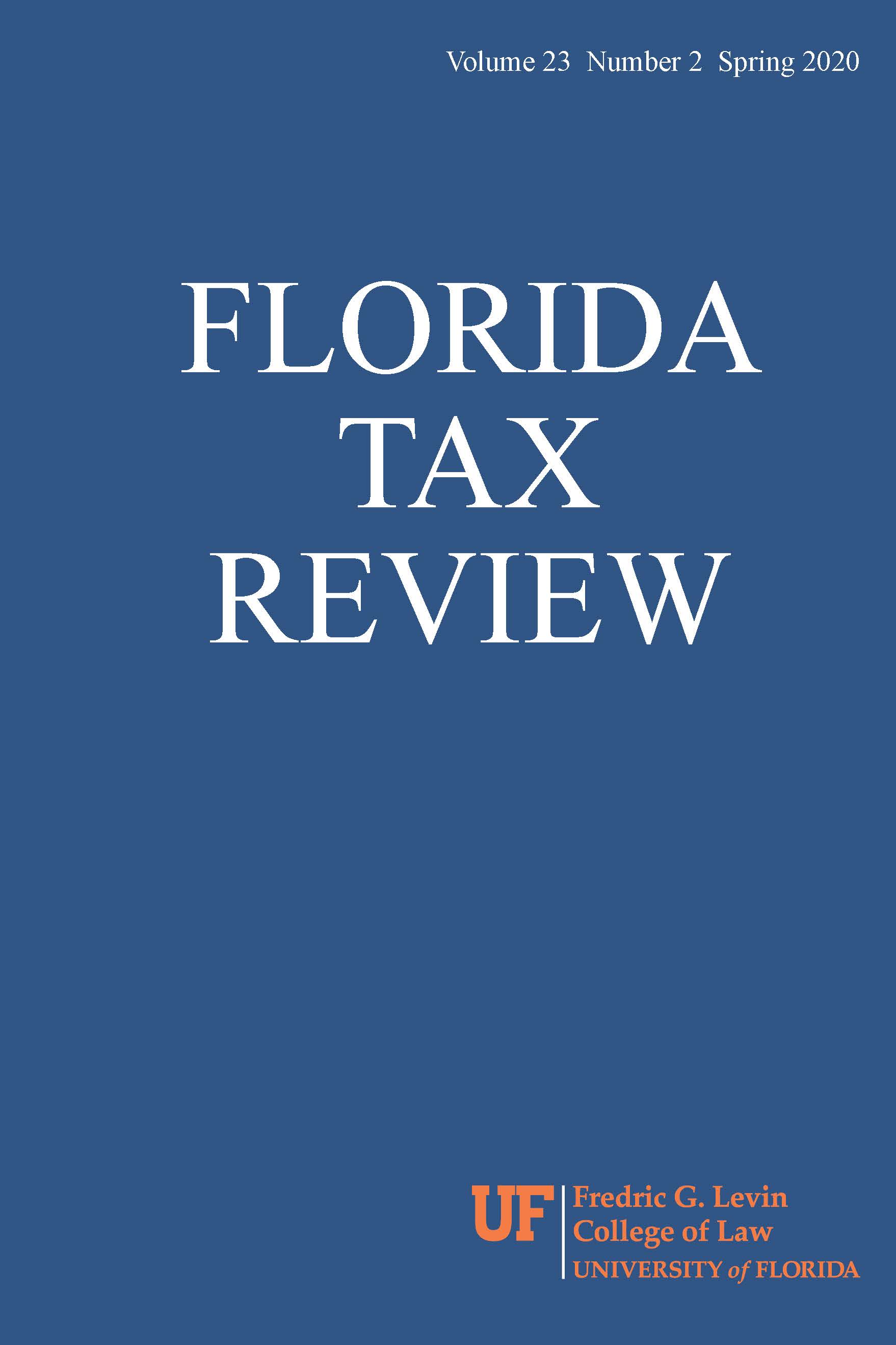Sustainable Tax Policy Through the Lens of Intergenerational Justice
Main Article Content
Abstract
Professor Lind’s summary of the papers in this issue ably captures the range of topics addressed by the scholars who gathered for our conference at the University of Gävle last year. More importantly, she points out how well the various articles translate into the era of COVID-19. Even though no one could possibly have imagined the changes that we have experienced just since February of 2020, the issues of inequality, environmental degradation, international tax coordination, gender-and race-based unfairness, and so on have become even more important as the world explores how to move forward from this global tragedy.
One of my long-term research projects has involved exploring the obligations between generations, in particular the “downward” obligations from older generations to younger generations that determine whether new members of society will thrive in the future.1 It is a source of inspiration but also some frustration that nearly every policy issue can be viewed from an intergenerational perspective—inspiration because it reminds us that all policy decisions have effects (direct and indirect) that carry into the future, but frustration because merely “having an impact in the future” does not necessarily make a policy question ripe for an intergenerational analysis and is thus too broad.

